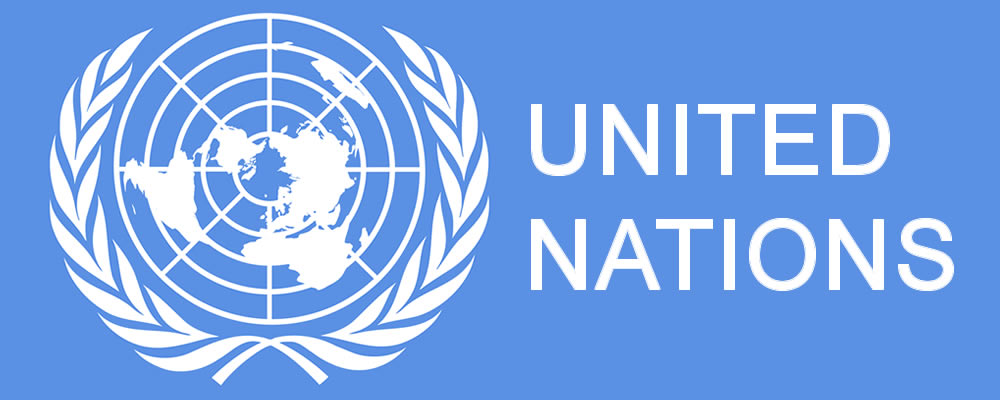More than 30,000 Iranians of all walks of life have signed a petition addressed to United Nations Secretary General António Guterres calling for an independent investigation into the 1988 massacre of thousands of political prisoners in Iran.
The signatories to the petition are all based inside Iran, according to the organisers of the signature campaign, the 1988 Truth group.
“The 1988 massacre of 30,000 political prisoners in Iran is the most extensive killing of political prisoners since World War II”, 1988 Truth said in a statement on 10 December 2017, coinciding with International Human Rights Day. It added that the majority of the victims were affiliated to the People’s Mojahedin Organisation of Iran (PMOI or MEK).
The petition text added: “Most of those executed were youths imprisoned for taking part in peaceful street demonstrations and/or reading the opposition’s political publications, and many had already served their time behind bars. These prisoners were executed in groups and then buried in mass graves”.
“From the first day of the Islamic Republic’s establishment, the perpetrators of this massacre have served in the highest political, judicial and security posts. While defending this crime against humanity, they are continuing such killings and executions as we speak”.
“We the signatories are asking you, through the UN Special Rapporteur for human rights in Iran, the Human Rights Council and the General Assembly to establish an ‘independent committee’ to fully investigate this massacre. This entity should be obligated to collect all documents related to this crime against humanity, along with the names of all the perpetrators, in order to have justice served in this regard”, the petition added.
The UN Secretary General in his latest report submitted to the UN General Assembly stated that the Office of the UN High Commissioner for Human Rights (OHCHR) had received a large number of complaints from the families of the victims. They have been calling on the UN and particularly the OHCHR to set up a commission of inquiry into the 1988 massacre.
High Commissioner Zeid Ra’ad Al Hussein said on 10 December 2017 in this regard that “I was briefed on this issue quite recently and have asked my office to take a deeper look into it, but clearly when you look at historical alleged atrocities on this scale, they need a response from the UN. But more broadly speaking, we of course campaign for the end of the use of the death penalty; the suspension of it at least in those countries that seems to be heavily retentionist, and Iran is one of the countries we focus on“.
Background note:
The UN Special Rapporteur on the situation of human rights in the Islamic Republic of Iran, Asma Jahangir, in a report to the General Assembly on 14 August 2017 (A/72/322) referred to newly-emerged evidence confirming the occurrence of the crimes. She wrote:
“In August 2016, an audio recording of a meeting held in 1988 between high-level State officials and clerics was published. The recording revealed the names of the officials who had carried out and defended the executions, including the current Minister of Justice, a current high court judge, and the head of one of the largest religious foundations in the country and candidate in the May presidential elections. Following the publication of the audio recording, some clerical authorities and the chief of the judiciary admitted that the executions had taken place and, in some instances, defended them.”
On 18 October 2017, the London-based ‘Justice for the Victims of the 1988 Massacre in Iran’ (JVMI) published its second report about Iran’s 1988 massacre of political prisoners, exposing the identities of dozens of members of the “Death Commissions”, some of who are current senior members of the Iranian administration including the government and the judiciary, enjoying total impunity.

